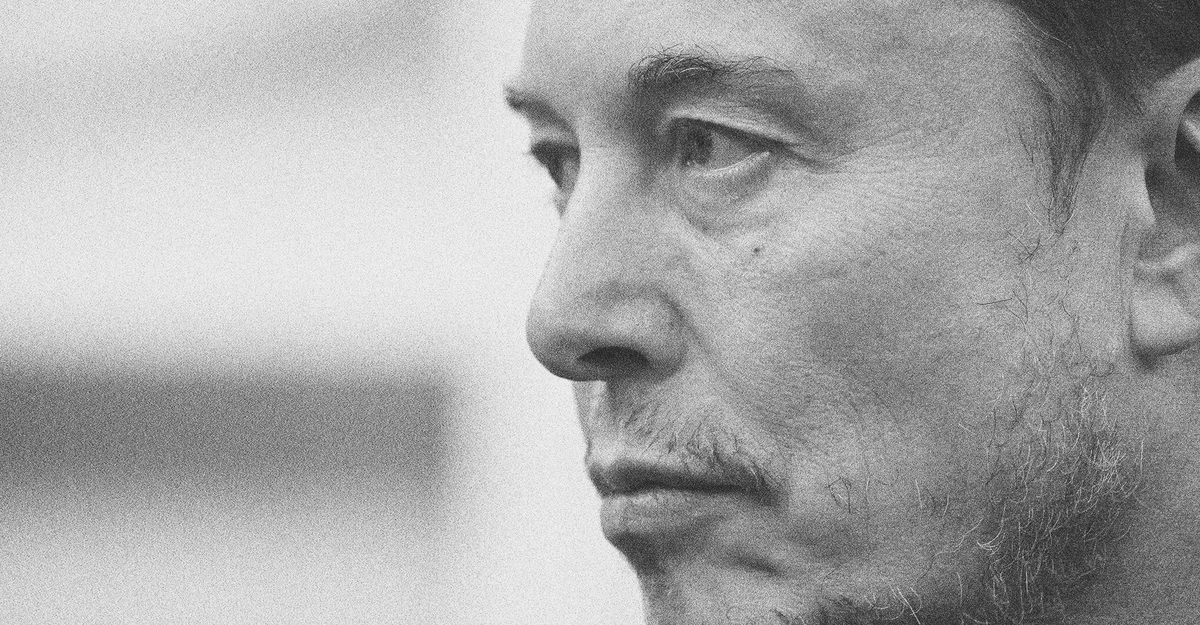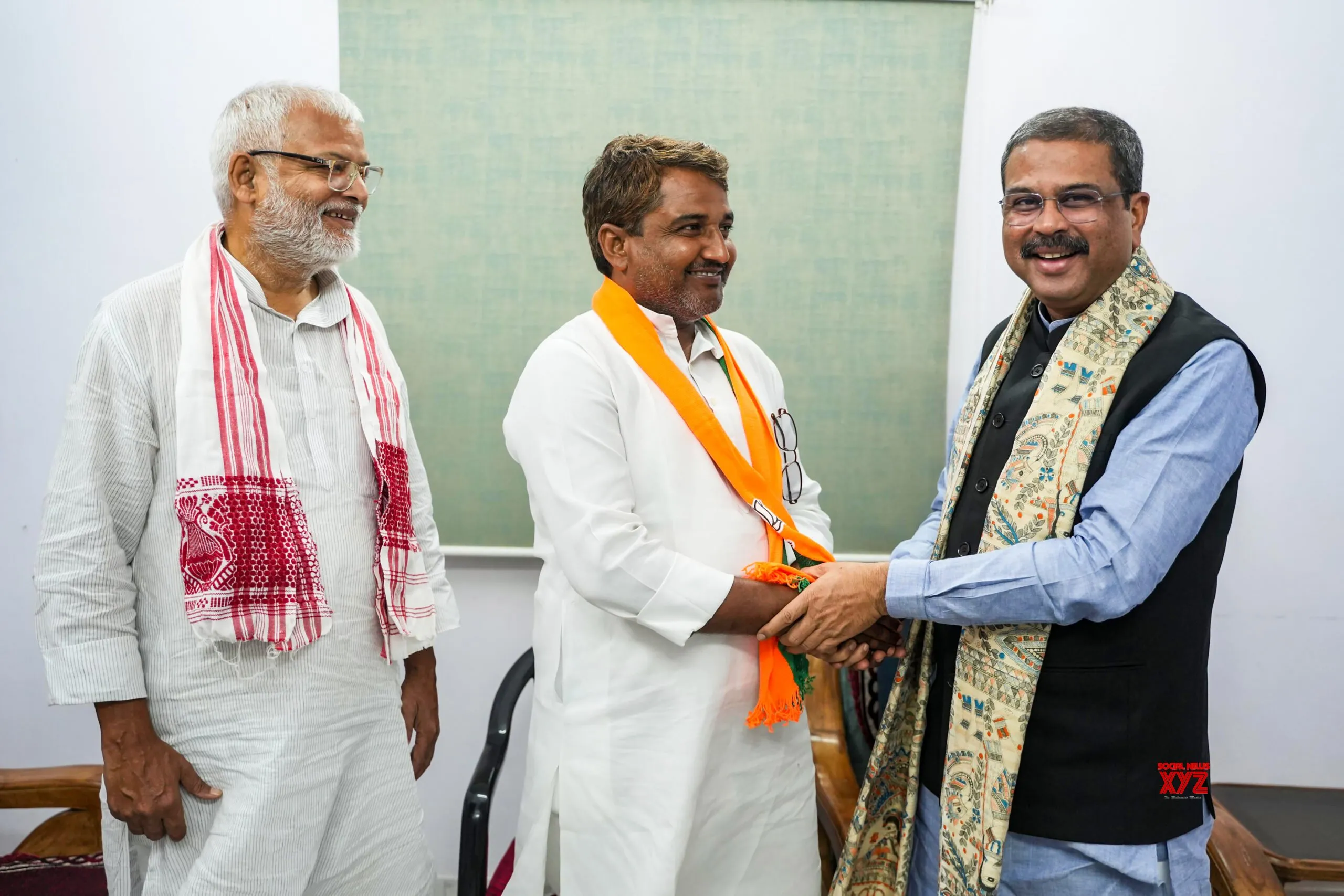Copyright The Atlantic

What does Elon Musk want the world to know about “white genocide theory”? Because he’s been vocal about the issue in the past—advancing the idea, for example, that Jews are pushing “hatred against whites”—I decided to search for the term on Grokipedia, the competitor to Wikipedia that Musk launched yesterday. First, the site uses just that term, theory, rather than conspiracy theory, as you would see on Wikipedia and elsewhere. Just a few sentences in, Grokipedia provides the “empirical underpinnings” of this supposed campaign to eliminate white people of European descent around the world. And the site argues that conversation about this purported genocide is systematically suppressed by the media and academia, which are “prone to ideological biases favoring multiculturalism” and “relegate the theory to fringe conspiracy status despite the observable data on population trajectories.” Other entries on Grokipedia contain a similar slant. On the entry for Adolf Hitler, the führer’s leadership and “rapid economic” achievements are noted before the Holocaust; the Islam page questions the religion’s “inherent compatibility with liberal democracy.” The Grokipedia entry for Musk himself notes a “reported 20-pound weight loss” and propensity for “weightlifting and strength training,” while omitting any direct reference to Musk’s maternal grandfather—a man who thoroughly documented his own vociferous racism and antidemocratic beliefs and supported South Africa’s apartheid regime. Grokipedia was created by Musk’s company xAI, and all of its entries were written by Musk’s generative-AI model, Grok. When I asked the company about the site, an anonymous spokesperson responded only with the message “Legacy Media Lies.” Grokipedia is the latest step in Musk’s obsession with the mainstream media and institutions he believes have poisoned the world and the web. In 2022, soon after Musk purchased Twitter, he reinstated banned extremist accounts and appeared to tweak the platform’s recommendation algorithm, leading to what independent researchers called “unprecedented” rises in hate speech. Musk effectively turned Twitter, which he renamed X, into a bastion of white supremacy. A year later, Musk’s company xAI launched the chatbot Grok as an antidote to the left-wing biases he perceived in other top AI products; Grok has since obsessed over a conspiracy theory about “white genocide” particularly in South Africa, praised Hitler, told me what the “good races” are, and explicitly repeated Musk’s personal views in response to queries about controversial topics. More recently, Musk has criticized Wikipedia as “an extension of legacy media propaganda” and called for the site to be defunded. Wikipedia has many well-documented issues with accuracy, racism, and bias, but they are not limited to any one worldview. By creating his own version of Wikipedia, Musk did not seem motivated to address those issues but rather gave himself the power to root out anything he deemed “woke” or leftist; last week, he delayed the launch of Grokipedia because, in Musk’s own words, “we need to do more work to purge out the propaganda.” Here’s how this likely worked in practice: First, Musk turned X into a center of gravity for his own far-right views, and appeared to amplify those who share them. Then he fed this repository of conspiracy theories, vitriol, and memes into an AI model already designed not to shy away from controversial or even hateful views. Finally, Musk used that AI model to write an anti-woke encyclopedia. Now Grokipedia recasts its creator’s opinions as a fountain of objective truth—providing a “comprehensive collection of all knowledge,” as Musk wrote on X. Grok, it should be noted, likely trained on Wikipedia articles, and several Grokipedia entries explicitly note that “the content is adapted from Wikipedia.” Having cannibalized what’s there, Musk wants to use his chatbot to remake the media, internet, and universe of knowledge to his liking. Musk’s worldview is all over Grokipedia. The Grokipedia entry on Alternative for Germany, or AfD—a far-right populist party that Musk has lauded—states that the party calls for “repatriation of non-integrated migrants and criminal offenders” (which other sources might call mass deportation); “defends traditional family structures against state promotion of gender ideology”; and “rejects multiculturalism in favor of preserving German cultural and linguistic predominance.” The first paragraph of the Grokipedia entry for Russia’s invasion of Ukraine repeatedly cites the Kremlin’s official website, using a speech from Vladimir Putin to describe the invasion’s purpose as “demilitarizing and denazifying Ukraine, protecting ethnic Russians and Russian speakers from alleged persecution in Donbas, and preventing Ukraine’s integration into NATO to neutralize threats to Russian security.” The page on “Apartheid” devotes many paragraphs to “debunking prevailing narratives” that depict “Apartheid as a system of unremitting total oppression for black South Africans.” The page for “Transgender” uses the term “transgenderism,” a term that GLAAD opposes because it is used to “inaccurately and harmfully imply that being trans is a political ideology, rather than an authentic aspect of one’s personhood.” And so on. (Musk did not respond to a request for comment.) As easy as it would be to understand X, Grok, and Grokipedia as a Musk cinematic universe, the truth is that this site is part of a much larger epistemic transformation. People are seeking information not just as a way of acquiring knowledge, but to reify their political beliefs; if you don’t like the purported libs of Wikipedia, turn instead to the right-wing Grokipedia. Even before Musk started attacking Wikipedia, the site had become a punching bag for the tech right. The White House crypto and AI czar, David Sacks, who is also an influential investor, suggested the idea and name for Grokipedia on an episode of his podcast last month, and Musk ran with it. In some sense, he is merely adding to the parallel internet that already exists in the form of social media like Rumble and Truth Social; podcasts from Nick Fuentes and Candace Owens; and media outlets including Breitbart and Right Side Broadcasting Network. To relabel, redefine, and repackage some of the most controversial, vile, and flat-out wrong ideas as a step toward “understanding the Universe,” as Musk has described the goal of xAI, is to reshape that universe itself. The differences between any given Grokipedia and Wikipedia entry are in some sense hard to debate because there is no shared ground upon which to have a reasoned disagreement; to gravitate toward Grokipedia is to leave the world of evidence for that of belief. And Musk, with his empire of tech companies and unprecedented wealth, has a singular power to proselytize. The Grokipedia project is only getting started, and once it is completed, Musk said he wants to send copies of Grokipedia to “the Moon and Mars to preserve it for the future.” He was invoking one of his favorite science-fiction novels, Isaac Asimov’s Foundation, in which humans want to create an intergalactic “Foundation” of knowledge to survive civilization’s impending collapse. Here, perhaps, is Musk’s task: to abandon one civilization as he erects a new one in his image.



